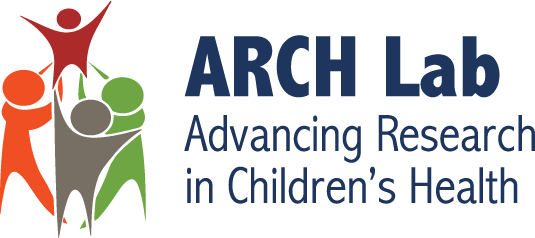The ARCH Lab recently collaborated on a paper published in JAMA Network Open. This paper, titled “Trajectory of Health-Related Quality of Life After Pediatric Epilepsy Surgery” examined the trajectory of Health-related quality of life (HRQOL) over 2 years in children with drug-resistant epilepsy treated with surgery compared with medical therapy.
There were 111 surgical and 154 medical patients. At baseline, HRQOL (measured using the Quality of Life in Childhood Epilepsy Questionnaire (QOLCE)-55), was similar among surgical and medical patients. HRQOL of surgical patients was 3.0 (95% CI, -0.7 to 6.8) points higher at 6-month, 4.9 (95% CI, 0.7 to 9.1) points higher at 1-year, and 5.1 (95% CI, 0.7 to 9.5) points higher at 2-year follow-ups compared with medical patients.
Surgical patients experienced greater improvements in social functioning relative to medical patients, but not for cognitive, emotional, and physical functioning. At 2-year follow-up, 72% of surgical patients were seizure-free, compared with 33% of medical patients. Seizure-free patients reported higher HRQOL than those who were not.
That authors note by demonstrating that surgery improved seizure freedom and HRQOL, which has downstream effects such as better educational attainment, reduced health care resource utilization, and health care cost, these findings suggest that the high costs of surgery are justified, and that improved access to epilepsy surgery is necessary.






